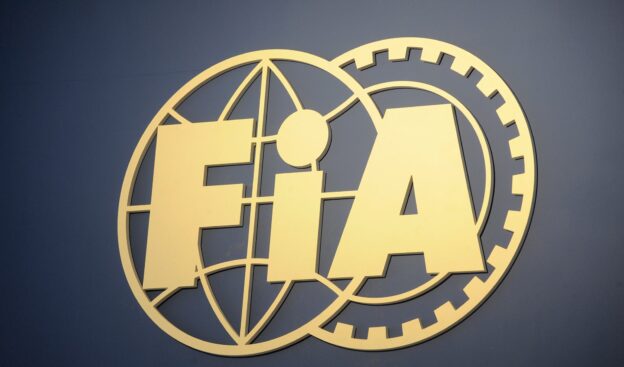FIA announces World Motor Sport Council decisions

The following is a summary of the decisions taken during the meeting of June 18:
Coronavirus COVID-19
The global situation regarding the COVID-19 pandemic continues to evolve, and over the past weeks the Council noted the publication of extensive ‘Return to Motor Sport’ guidelines prepared by the FIA under the direction of FIA Medical Commission President, Professor Gérard Saillant, following discussions with the World Health Organisation. It sets out best practices for the running of events as it becomes possible to do so under any applicable health regulations.
Specifically with regard to the resumption of the FIA Formula One World Championship and other championships and International Series taking place at the same Events (such as the FIA Formula 2 Championship, FIA Formula 3 Championship and Porsche Supercup), the Council approved the addition of Appendix S to the International Sporting Code – the COVID-19 Code of Conduct.
The FIA has consulted the guidance issued by public health authorities, and the advice of an independent external expert, in order to put together the protocols set out in this COVID-19 Code of Conduct to mitigate the risks of transmission of COVID-19 that may arise during the staging of Events that include a round of the FIA Formula One World Championship.
The scope of the COVID-19 Code of Conduct will be expanded to certain other championships, as well as to other categories of motor sport.
#PurposeDriven movement
Following its announcement at the conclusion of the FIA eConference yesterday (18 June), the Council was presented with, and offered its full support for, the FIA #PurposeDriven movement. As part of the movement, the FIA will endeavour to act as a catalyst and a guide for the objective and ambition of the sport to accelerate responsibly its positive contribution to society in all sectors, including health, safety, economy, the environment, education, inclusion and diversity. FIA President Jean Todt invited all motor sport community members to commit to a Purpose Pledge and to take concrete actions in this direction.
FIA Formula One World Championship
The Council noted the approval of the first eight events of the 2020 FIA Formula One World Championship by the FIA President on 2 June. The calendar is as follows:
| 03-05 July 2020 | Austria | Spielberg |
| 10-12 July 2020 | Austria | Spielberg |
| 17-19 July 2020 | Hungary | Budapest |
| 31 July – 02 August 2020 | Great Britain | Silverstone |
| 07-09 August 2020 | Great Britain | Silverstone |
| 14-16 August 2020 | Spain | Barcelona |
| 28-30 August 2020 | Belgium | Spa-Francorchamps |
| 04-06 September 2020 | Italy | Monza |
Following the Council’s approval of the 2020, 2021 and 2022 Technical and Sporting Regulations by e-vote on 27 May, further meetings have taken place between the Formula 1 Teams, Power Unit Manufacturers, and the FIA in order to refine them. The main adjustments approved by the Council today are as follows:
Changes to the 2020 Sporting Regulations
A number of adjustments to facilitate the Return to Racing operations as a result of the COVID-19 pandemic. These include:
- Ability for the Stewards to operate remotely in exceptional circumstances, should the conditions require it
- Adjustments to team curfew periods because of working conditions under social distancing
- Amendments to the tyre allocation regulations to give greater operational flexibility to the FIA and Pirelli
- Introduction of Team Personnel Limits at the starting grid
- Adjustments to the certain race procedures (start, race resumption, etc.)
- Definition of the Podium Ceremony for Open and Closed Events to cater for COVID-19 restrictions
Changes to the 2020 and 2021 Technical Regulations
- Addition of Article 5.1.6, related to the partial-load fuel mass flow rate
- Adjustments and refinements to Article 22, concerning the newly-introduced Homologated Components
Changes to the 2021 Sporting Regulations
- Refinements to the Aerodynamic Testing Restrictions
Changes to the 2021 Technical Regulations
- Limitation to the number of software versions a team can use in a year for cost reasons
- Limitation in the number of fuel formulations and engine oil specifications that can be approved in a year for cost reasons
✅ Check out more posts with related topics:












